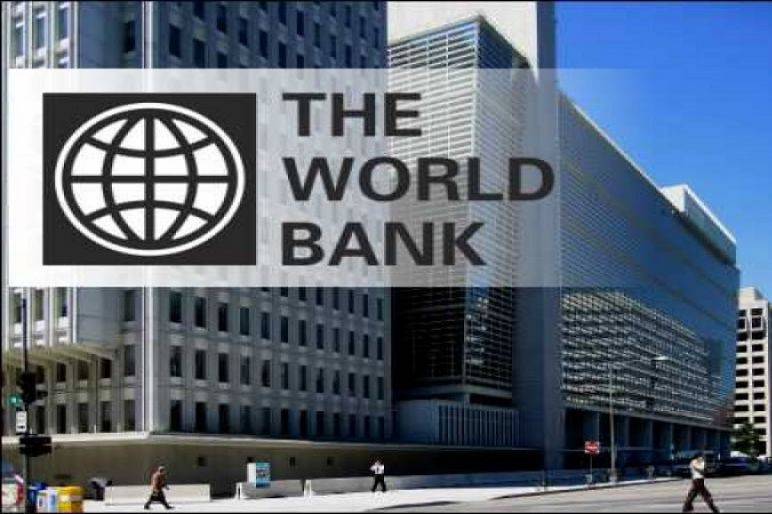Hans Timmer, the World Bank’s chief economist for South Asia, has warned that promised tax cuts by the new government of President Gotabhaya Rajapakse could destabilise the economy and deepen the island’s financial crisis.
His comments were made at a December 3 public lecture hosted by the Central Bank of Sri Lanka in Colombo.
Timmer acknowledged that the government’s plan to boost the economy in the lead up to the forthcoming general election but cautioned that its “stimulation package” was risky.
The full implementation of the “structural reforms” has been demanded by International Monetary Fund (IMF).
“Sri Lanka may not have the needed fiscal space for an ambitious stimulus,” he said.
Fitch Ratings, the global ratings agency, had previously warned that new tax concessions would derail budget discipline.
Imposition of “fiscal discipline” means slashing the country’s budget deficit as demanded by the IMF.
The IMF wants the Sri Lankan government to reduce the deficit, which has risen to 7 percent of gross domestic product (GDP) this year, to 3.5 percent.
The interim government’s recent concessions include a reduction of individual income tax rates from 24 to 18 percent; abolition of the 5 percent withholding tax on dividends and interest; abolition of the Nation Building Tax; exempting agriculture, fishing, livestock and information technology services from income tax; and a reduction in the Value Added Tax (VAT) from 15 to 8 percent. The previous government, on IMF orders, had increased VAT.
The government and the media have insisted that the tax reductions will boost business and the ailing economy and increase consumption.
Moody’s Investors Service, however, has predicted that the tax cuts will reduce government income by between 1 and 1.5 percent of GDP. The government estimates a 500- to 550-billion rupee ($US3 billion) annual decrease.
(LI)

